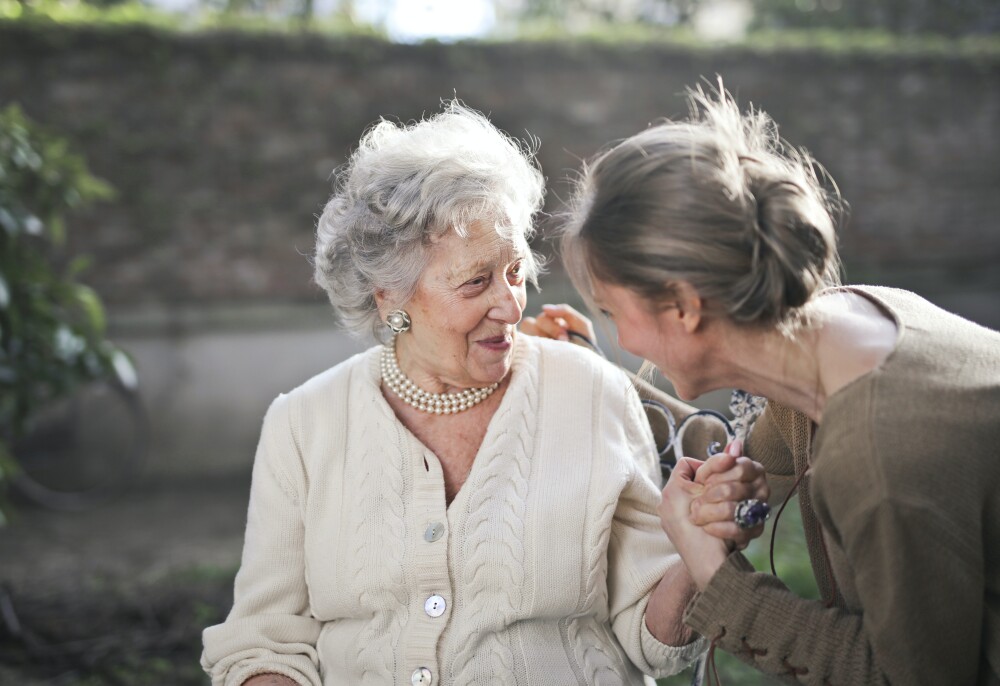On June 15th, we observe World Elder Abuse Day, a vital occasion dedicated to raising awareness about the abuse, neglect, and exploitation of older adults.
This day serves as a powerful reminder that elder abuse is a widespread issue affecting millions worldwide, and it’s our collective responsibility to ensure the safety, dignity, and wellbeing of our older generations.
In New Zealand, 75% of alleged abusers are family members, and the perpetrators are just as likely to be female as male.
